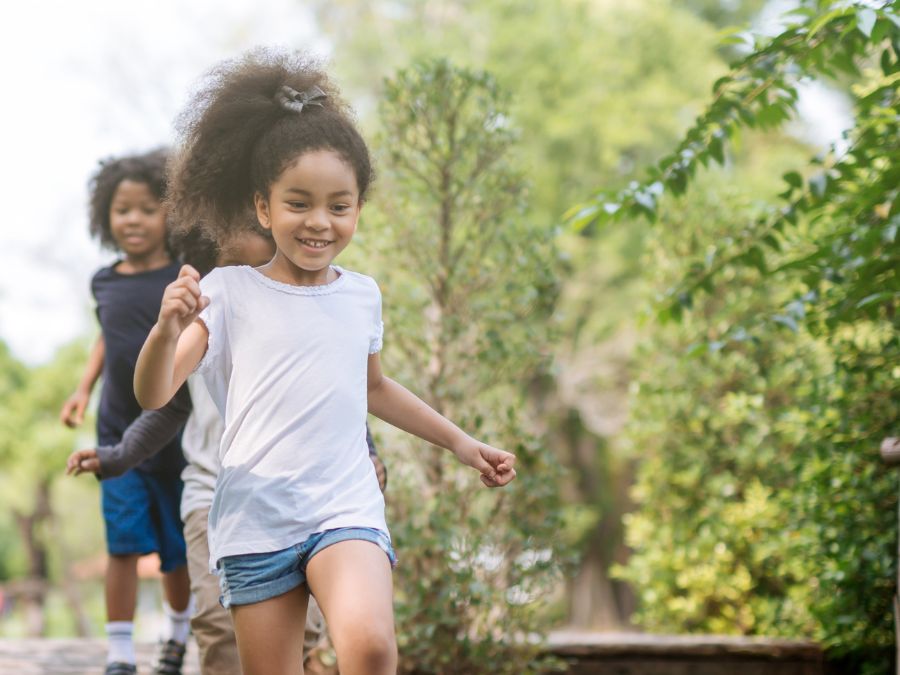
Sunday, June 19th is a day of celebrating both freedom and fathers. In part, Juneteenth honors Black children and families, including fathers, who were separated from each other during Slavery. The freedom to have a family and to raise children is fundamental to HOPE. Although racism still affects the ability for Black families to access the Four Building Blocks equitably, the team at the HOPE National Resource Center recognizes the importance of Black families in our society. This week, we are taking the opportunity to acknowledge the significance of Black fathers specifically by talking to John Verdejo, member of the FACEs (Family and Community Experts) of HOPE Advisory Council.
Tell us a little about yourself and your family.
I currently live and work in Raleigh, N.C., where I work in Procurements/Contracting for the City of Raleigh. I have made this my home for close to 20 years. I am a divorced father of two young boys, age 7 and age 6, in a co-parenting arrangement.
What brought you to the FACEs of HOPE Council?
I was introduced to the council through a professional relationship I have at HOPE. I was brought in because of my background and my lived experience helping to raise two boys.
What are some ways that you give your children access to PCEs (positive childhood experiences)? What building blocks of HOPE do these experiences touch?
Although my boys split time between their mother and me, I have always made it a point to spend as much time with them as possible where I simply shower them with love and attention (building block: relationship). I am very involved in their schooling and present when there is an event that involves them (building block: environment). Aside from that, especially post-COVID, I purposely take them out on trips so that they can get reacquainted with the outside world (building blocks: engagement, emotional growth). Despite of it all, I like to think that there is a good balance.
Does Juneteenth have a particular meaning to you? How are you going to celebrate Juneteenth with your children and family?
I am of Black-Puerto Rican descent, and must admit, it was not until I moved from the Bronx to North Carolina that I had learned the meaning and significance of Juneteenth many years later. However, since the birth of my boys, I have attempted to let them know who they are and why they look the way they do. I want them to know why they have their last name and why their grandmother, my mother who they call “Abuela,” speaks Spanish and has a heavy accent.
Their family pictures may look different from the friends they see at school. As their father, it is important that they know and respect the sacrifices that were made before they came to be and that they honor and do right by their ancestors. With that in mind, not only will they be celebrating Juneteenth, but hope to participate in some of the local Juneteenth events around town.


